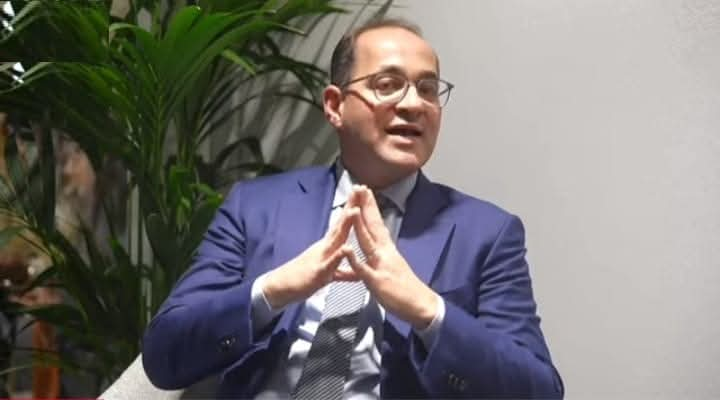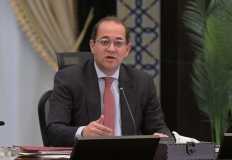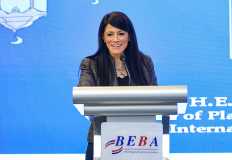
Minister of Finance Ahmed Kouchouk confirmed that the Egyptian economy will continue to improve through sustained economic and structural reforms, prioritizing private sector growth. Recognizing the diverse nature of the Egyptian economy, the Minister emphasized increasing its competitiveness, particularly in manufacturing, exports, and the industrial sector.
During the 'Growth in the Middle East and North Africa' session at the Davos 2025 Forum, the Minister stated that Egypt's manufacturing, tourism, and information and communication technology sectors are driving economic growth in the first quarter of the current fiscal year to approximately 3.5%, up from 2.4% in the previous quarter. He emphasized that Egypt's financial policies are designed to enhance the resilience, stability, growth, and competitiveness of the Egyptian economy amidst regional and global challenges.
The Minister further stated that
the government is committed to maintaining fiscal discipline, reducing debt,
particularly external debt, and improving related indicators. He highlighted
that the tax facilitation package aims to expand the tax base, improve the
business environment for startups, and foster investor confidence. These
measures are integral to the state's efforts to strengthen public-private
sector partnerships for a sustainable and resilient future.
He emphasized the government's
commitment to managing economic activity through annual ceilings for public
investments, government debt, and guarantees. Notably, for the first time in
over a long period, private Egyptian investments surpassed 63% of total state
investments.
Furthermore, he outlined the
government's strategy to increase reliance on renewable energy sources. This
involves expanding green investments and empowering the private sector to
spearhead green economy initiatives. This approach aims to enhance climate
change resilience and adaptation, solidifying Egypt's regional leadership in
clean energy.
The government is also fostering
long-term investments in education and smart infrastructure to cultivate a
diversified knowledge-based economy. Recognizing the imperative of keeping pace
with advancements in artificial intelligence and green technologies, the
government prioritizes enhancing worker efficiency in these critical areas.
The minister emphasized the critical need to collaborate with regional partners and strengthen economic cooperation to mitigate the impact of global supply chain disruptions. He advocated for deepening regional economic integration through enhanced bilateral trade, strategic investments in infrastructure, and the seamless exchange of digital technologies.





